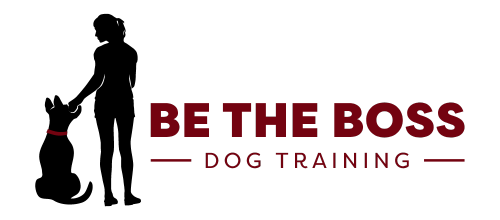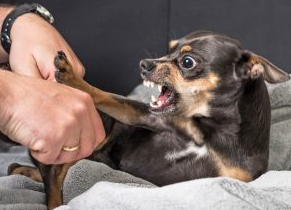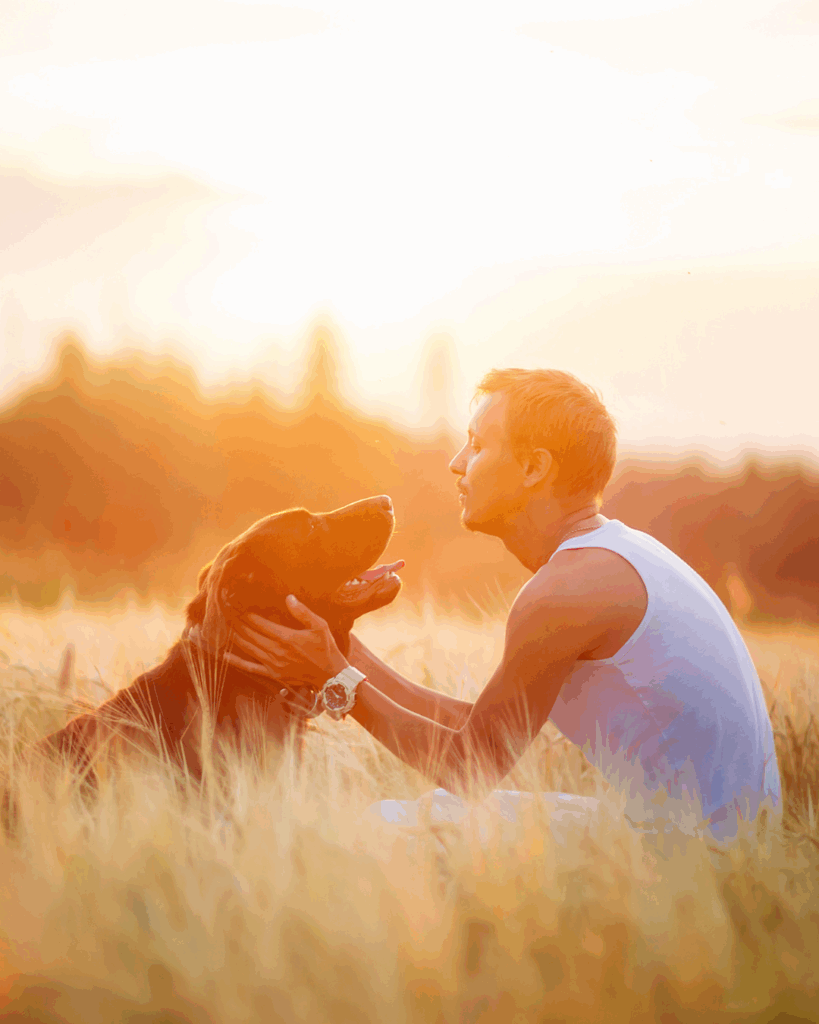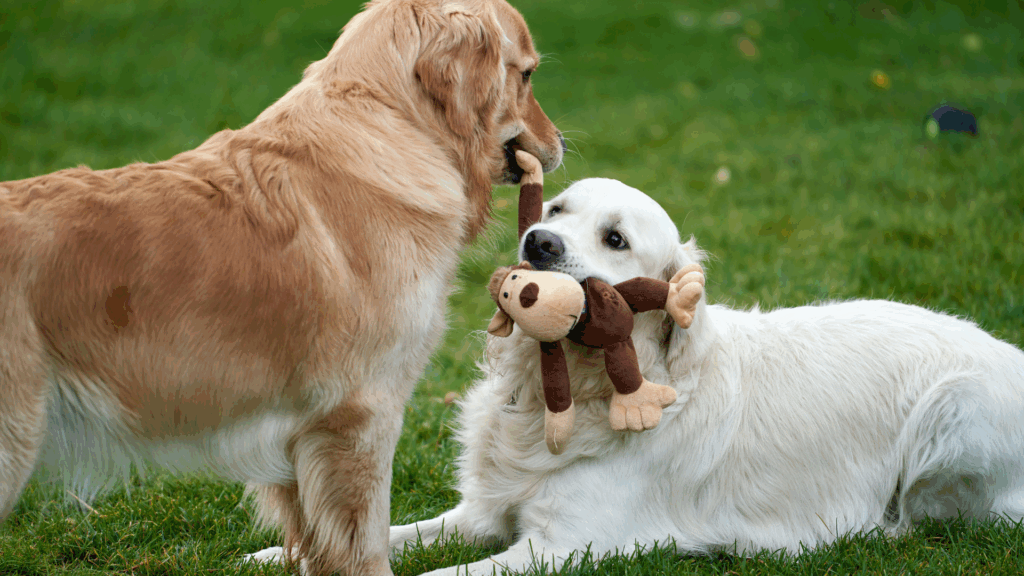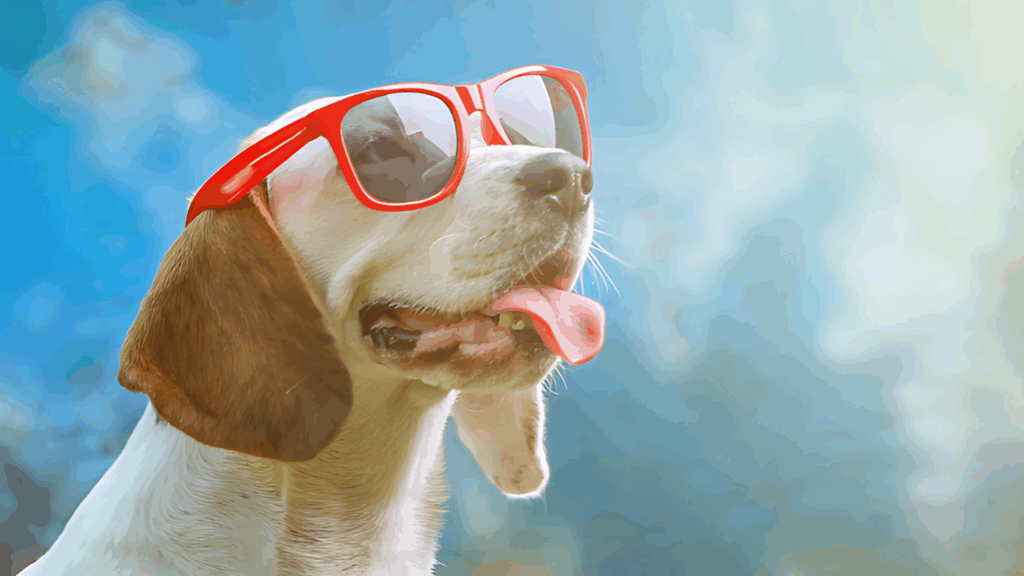That’s a good question. After all, biting (or trying to bite) is a lot more serious than jumping or barking.
Stopping a dog from biting is a lot like trying to stop yourself from getting mad at your kids. It does no good to try and deal with the situation once you’ve reached peak boiling point. Success is managing yourself and your environment before you get angry.
For example: By practicing yoga you are taking preventative measures to keep a calm lifestyle. You know that when your kids flush your cellphone down the toilet you will be able to cope with the emotion that follows. Your dog needs to be taught the same skills.
Your dog needs a safe space, confidence that they will be advocated for (meaning you will support them in stressful situations), and rules in the house so they don’t make bad decisions. These are preventative measures so when your dog is placed in an uncomfortable or stressful position they will make better choices.
They show you how to give your dog rules to follow, how to advocate for them, and set up safe spaces.
So yes…you can train your dog not to bite. It’s called…a life-style.
Contact me for any questions you may have. Thank you!
